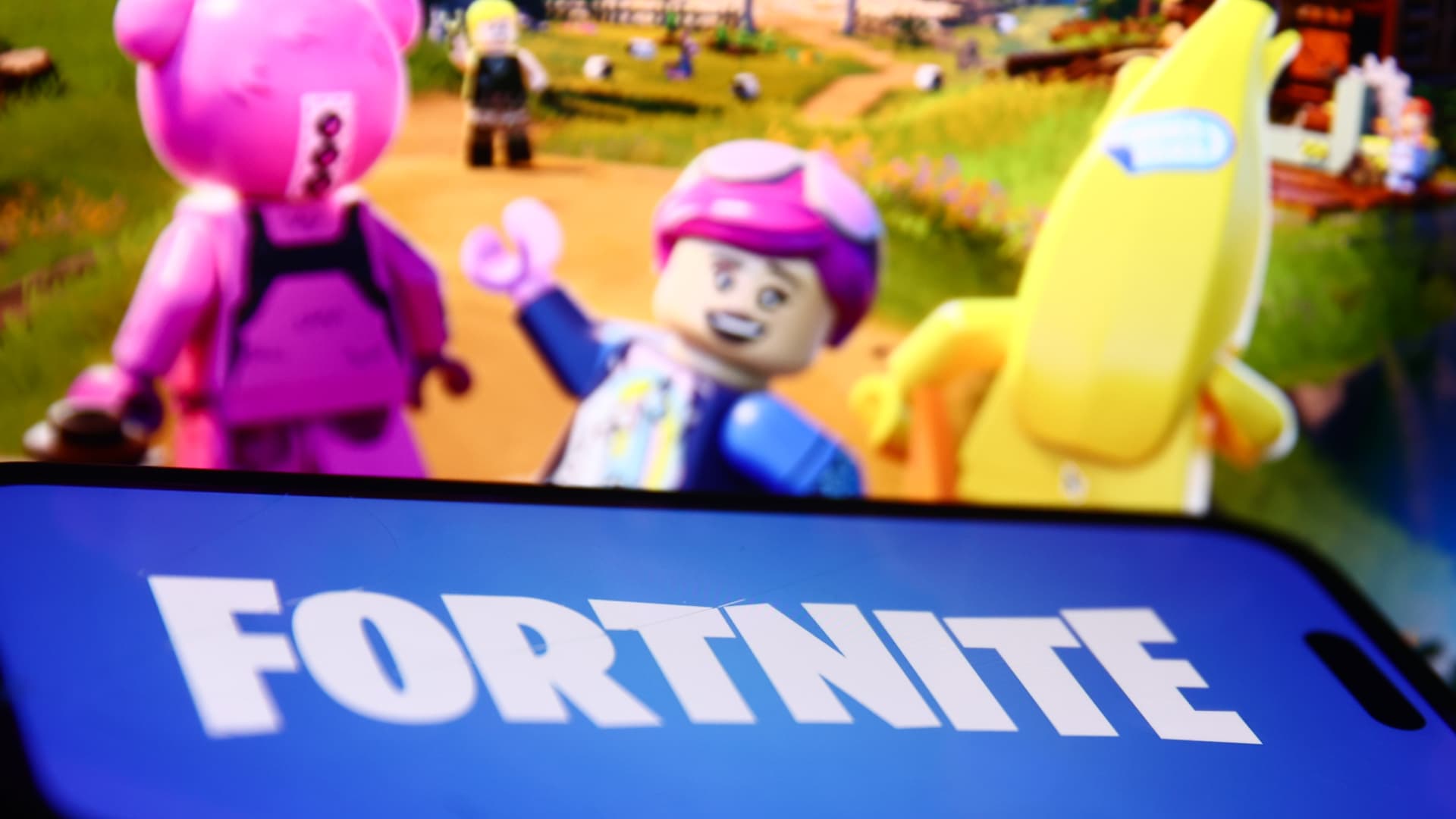The Clash of Titans: Fortnite, Apple, and the iOS Blockade
The unfolding saga between Epic Games and Apple over Fortnite’s accessibility on iOS devices is a vivid example of the tension between powerful platform owners and influential developers. This episode doesn’t just affect a popular game; it epitomizes broader struggles over control, innovation, and consumer access within a rapidly evolving digital ecosystem.
Understanding the Blockade: Apple’s Unyielding Position
Apple’s rejection of Epic Games’ attempt to reintroduce Fortnite on the iOS App Store represents more than just a business decision; it’s a continuation of a high-stakes power play. Epic’s submission was blocked not only in the US but also across the European Union, rendering Fortnite inaccessible on iPhones and iPads worldwide.
The timing is particularly significant. Epic Games had appeared poised to leverage a recent court order limiting Apple’s commission collections on purchases made outside the official App Store, possibly heralding a thaw in relations. Instead, Apple’s refusal to approve Fortnite’s latest version underlines the company’s desire to maintain control over its ecosystem.
This gatekeeping role reinforces Apple’s dominant position, enabling it to dictate economic terms and app availability, which some interpret as monopolistic. The blockade serves as a robust enforcement of Apple’s policies, reminding developers and users alike of the company’s central role in the iOS ecosystem.
The Roots of Conflict: How Did it All Begin?
The dispute dates back to August 2020, when Epic Games made a daring move by integrating a direct payment system in Fortnite for iOS, deliberately circumventing Apple’s mandated in-app purchase process. This challenged Apple’s 30% commission fee for transactions within its App Store—a revenue source Apple fervently defends.
Apple’s immediate reaction to remove Fortnite from the App Store sparked a global legal and public relations battle. Although Epic suffered legal setbacks, the fight has exposed underlying debates about platform control and fairness. Apple’s implacable stance since then signals a strategic choice to safeguard its operational model, which hinges on strict control and revenue from its curated app environment.
Far-Reaching Consequences: Beyond the Player Experience
The immediate impact is deeply felt by millions of Fortnite players. For a game embraced by younger demographics, especially on mobile devices, this shutdown is a tangible loss, severing access on their primary gaming platform.
However, the implications resonate beyond Fortnite enthusiasts. Apple’s stronghold raises critical questions about market competition and consumer choice. By controlling app availability so tightly, Apple can potentially stifle innovation, limit developer options, and ultimately shape consumer experiences based on its own economic priorities.
Epic Games’ challenge highlights the tension between fostering innovation and exercising gatekeeping power. If Apple’s policies consistently block or restrict apps that defy its economic terms, this could accelerate calls for regulatory intervention and reshape how digital marketplaces operate globally.
What’s Next: High Stakes in a Digital Arena
The future of Fortnite on iOS remains in limbo, an unresolved standoff in a larger battle of ideologies and corporate strategies. While Epic Games publicly appeals for dialogue and compromise, Apple’s position appears steadfast.
This deadlock is emblematic of a broader conflict in the mobile app economy. It raises fundamental questions about how much control platform owners should wield and how developers can navigate these ecosystems to deliver value directly to users.
The resolution will likely influence not only Fortnite users but also the strategic relationships between developers and platform owners across the digital landscape. It could set precedents in regulatory responses, contract negotiations, and the balance of power in app distribution.
Conclusion: Waiting on a Shift in the Game
Apple’s firm blockade against Fortnite’s return to iOS reaffirms its commitment to its App Store policies, signaling a broader assertion of control over its digital turf. While this stance benefits Apple’s business model, it risks alienating a vast player base eager to engage with Fortnite on their devices.
Epic Games’ ongoing fight illustrates a challenge to platform oligopoly, striving for a fairer share in the app economy and broader access for consumers. Whether the two giants find common ground depends on their willingness to reconsider entrenched positions without sacrificing user interests.
Until then, this standoff remains a high-stakes game of endurance and strategy—one watched by millions whose gaming experience hinges on the outcome. The battle is not just about a game; it’s about the future shape and fairness of the digital world we all navigate.

